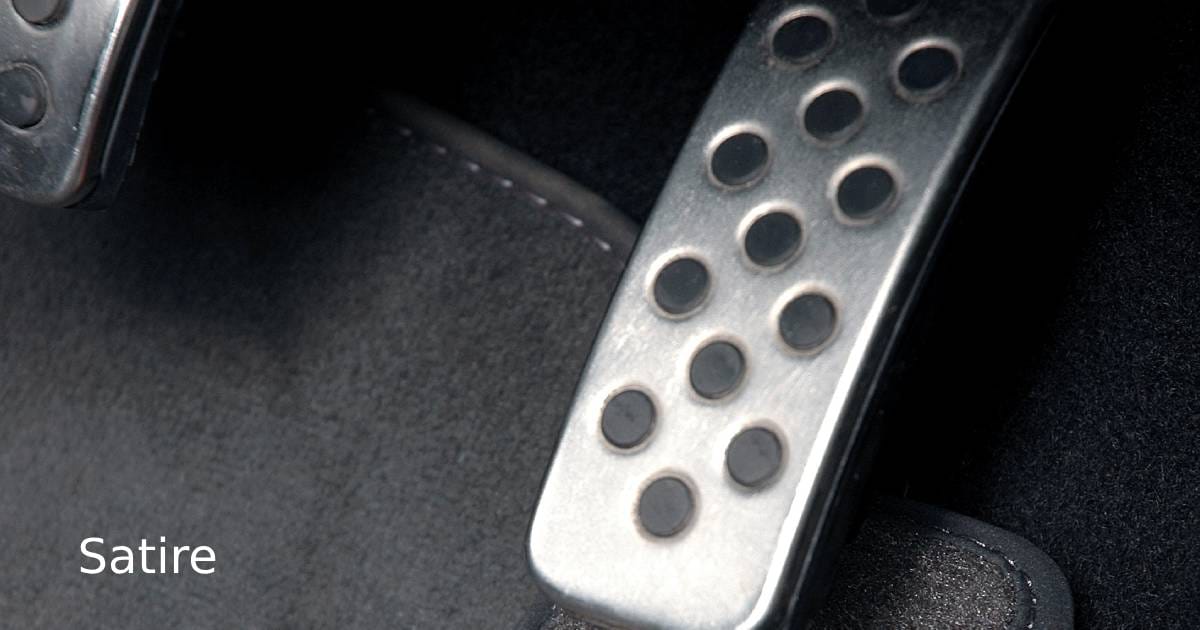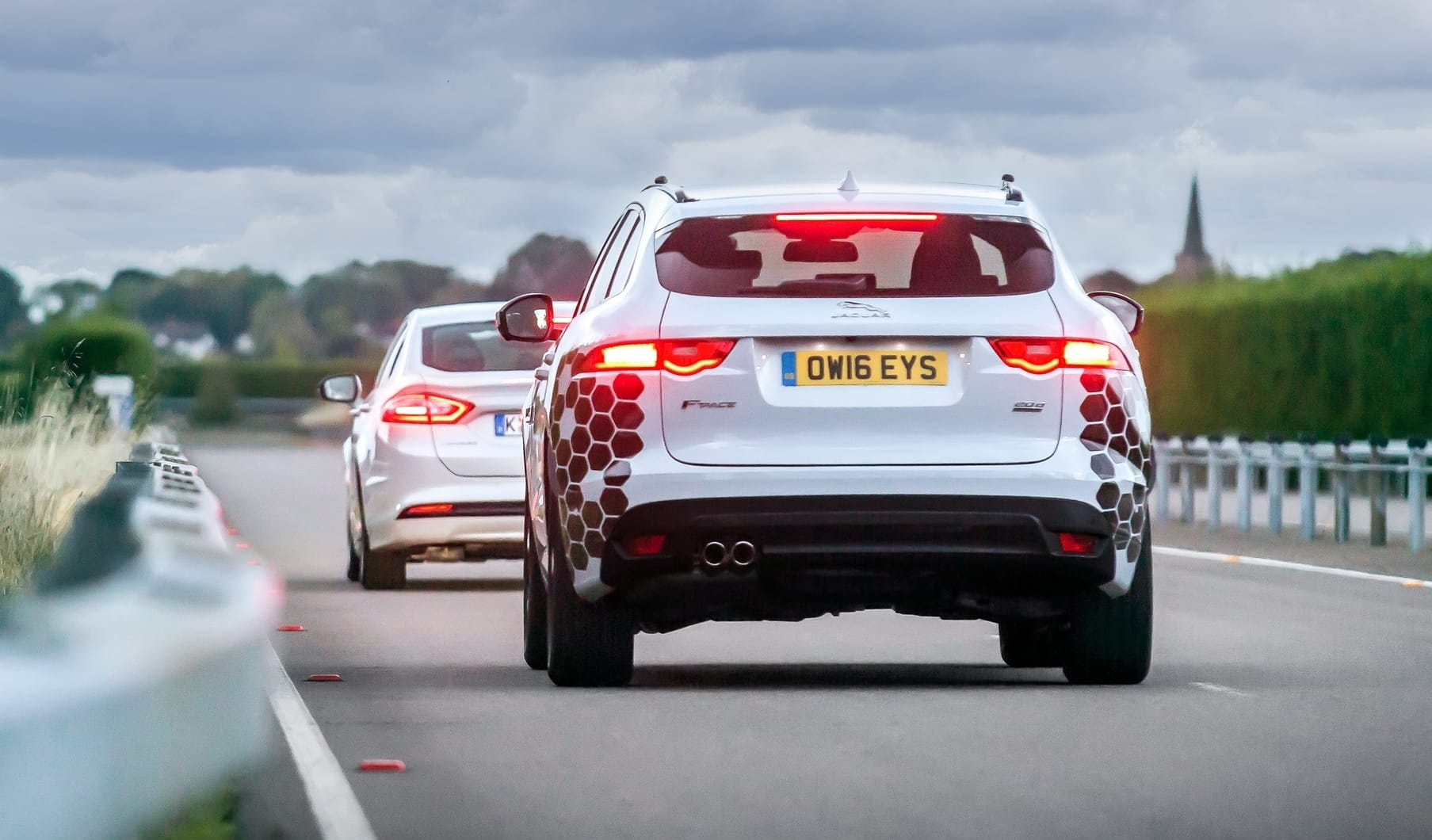Euro 8 regulations to cut engine power if official emission figures are breached
Proposals will ‘throttle back’ performance if WLTP economy and emissions targets are not met during real-world driving

Euro 7 emission standards may not be due to arrive until 2025, but policymakers have already set out some of the rules that will be brought in with Euro 8, slated for introduction in 2027.
One of the key Euro 8 edicts is that all new models with petrol and diesel engines – including plug-in hybrids – must be fitted with an “automatic vehicle efficiency compliance” (AVEC) system. AVEC will constantly monitor exhaust emissions and fuel consumption, reducing engine power if the vehicle is being driven in a manner that prevents if from meeting WLTP economy figures, or if it is emitting more CO2 and NOx than it is officially certified to produce.
To address concerns that automatically reducing engine power could jeopardise safety, particularly at highway speeds, drivers will be given a 30-second warning before AVEC puts the vehicle into ‘limp mode’. Infotainment screens will flash red and audible warnings will sound in the cabin, all vehicle windows will be automatically lowered to provide haptic feedback, and exterior hazard lights will flash at a stroboscopic rate to alert other road users.

Speaking exclusively to Right Hand Drive Online, Dr Invidious Glibly, director of vehicle and citizen compliance at the European Commission, said:
“Vehicle exhaust gases cars present a greater threat to European citizens than has ever been known. The AVEC system will enable us to be with drivers at every step of their journeys, allowing us to protect them from breaching the law, while protecting pedestrians and residents from the harm that engines inflict on their unwilling victims.”
The introduction of AVEC was made possible by EU pollution-crime legislation, officially known as Gesetz zur Verschmutzungskriminalität (GzV), which was introduced in late 2024 following legal action at the European Court of Human Rights by a student on work experience with a leading law firm.
The European Commission has also confirmed that a ‘pollution retribution’ amendment to GzV laws, which would allow citizens to sue individual drivers if their vehicles are detected to breach official emission limits, is set to be discussed at the European Commission this autumn. Shares in TaintedBreath, a tech startup that makes handheld personal-pollution monitors, rose 37% at the news.
Critics have called the power-reducing AVEC system “an absurd infringement on citizens’ freedoms”, but after lobbyists successfully overturned EU plans for driver-discussion monitors that would scan vehicle cabins for conversations that could be perceived as disinformation or sedition, policymakers are believed to have little appetite for further concessions to libertarian extremists.
A proposal to include a similar mandate for electric vehicles not achieving official miles per kWh figures had been considered, as had monitors to measure tyre-particulate shedding, though both failed to make it past initial voting.
Euro 8 brings with it host of other new rules, including a mandate that allows only a single exhaust pipe to be fitted to new petrol and diesel cars, with a ban on twin, triple and quad decorations due to the “aesthetics of consumption” these are said to represent.
The regulations mandate new vehicle nameplates be subject to Commission approval to ensure they do not promote “enthusiasm for driving”, while also precluding the development pf engines with more than four cylinders, unless they are to be fitted to a vehicle with a list price of over €300,000.



